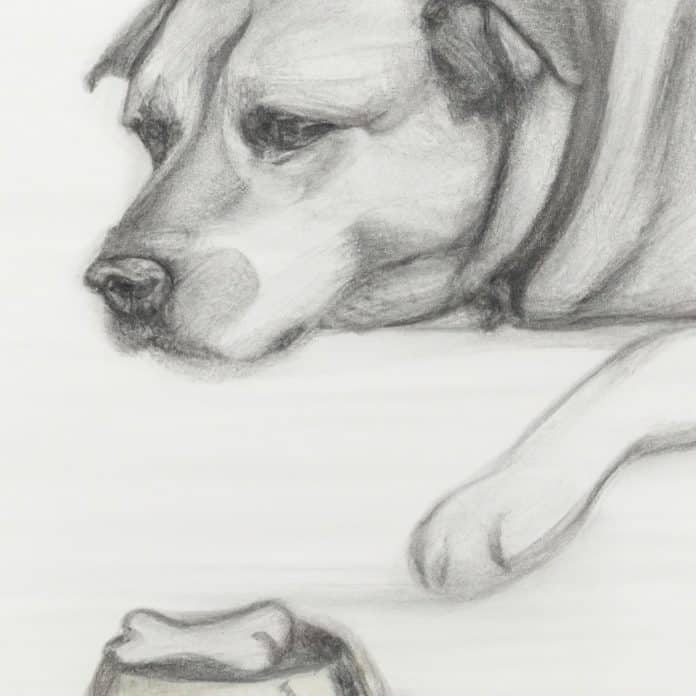Dear VetBabble,
My dog is diabetic, and she recently threw up all her food after receiving her insulin injection. I don’t want her to go into shock, but she’s refusing to eat. What should I do? Please help!
Understanding Diabetes in Pets
Diabetes is a condition that affects both dogs and cats, and it requires careful management to keep your beloved pet healthy. There is a lot of useful information available for pet parents dealing with this challenge, such as “Diabetes in Dogs” and “My Cat Has Diabetes: What Should I Know?” which can provide valuable insights and advice on managing this condition. It’s essential to monitor your pet’s food intake and insulin administration closely, as any sudden changes or problems can lead to complications such as diabetic shock or hypoglycemia (low blood sugar).
Encouraging Your Diabetic Dog to Eat
When your dog refuses to eat – especially if they have diabetes – it’s crucial to address the problem swiftly. In your situation, it’s a good idea to offer your dog some bland, easy-to-digest foods, like boiled chicken or white rice. You can find more suggestions on enticing your dog to eat in the article, “Why Won’t My Dog Eat?” Keep monitoring your dog’s condition closely, and if you have the means to check her blood glucose levels at home, it would be beneficial at this time.
Watch your dog for any signs of lethargy or unusual behavior. If you notice anything concerning, contact your emergency veterinarian immediately. When it’s time for her next insulin dose, only administer it if she’s eating. If she still refuses to eat by the next dose, reach out to your veterinarian. They may recommend reducing the insulin dose or making other adjustments to her diabetes management plan.
When Your Dog Eats Something They Shouldn’t
As pet parents, we sometimes face the challenge of our dogs eating things they shouldn’t. While this situation isn’t your current issue, it’s still essential to be prepared if your dog ever ingests something potentially harmful, especially if they have diabetes. In such situations, you’ll want to check out the article, “My dog ate something it shouldn’t have! What should I do?” This resource provides helpful information on how to handle those unwanted eating incidents and keep your pet safe.
In conclusion, it’s essential to prioritize your diabetic dog’s health and well-being. Keep a close eye on her food intake, insulin administration, and overall health status. If your dog continues to refuse food, contact your veterinarian for further guidance. Remember to stay informed and educated about diabetes management in pets, and provide the love and support they need to stay healthy and happy.









